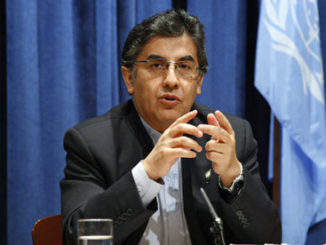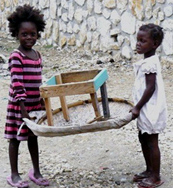
South Africa: Campaign Against New Coal Mines Gathers Momentum
Source: Green Left Weekly
In an indication that the global climate justice movement is becoming broader, there is now intense opposition to a climate-destroying energy loan for South Africa.
The campaign’s leaders are community activists in black townships allied with environmentalists, trade unionists and international climate activists.The World Bank is trying to lend nearly US$4 billion to the Johannesburg-based parastatal (quasi-government-run) Eskom. The power company is the world’s fourth largest and Africa’s largest carbon emitter (responsible for 40% of South Africa’s total emissions).
The loan is mainly for building the world’s fourth most CO2-intensive coal-fired power plant, Medupi, in the ecologically sensitive Waterberg area north of the capital of Pretoria.




